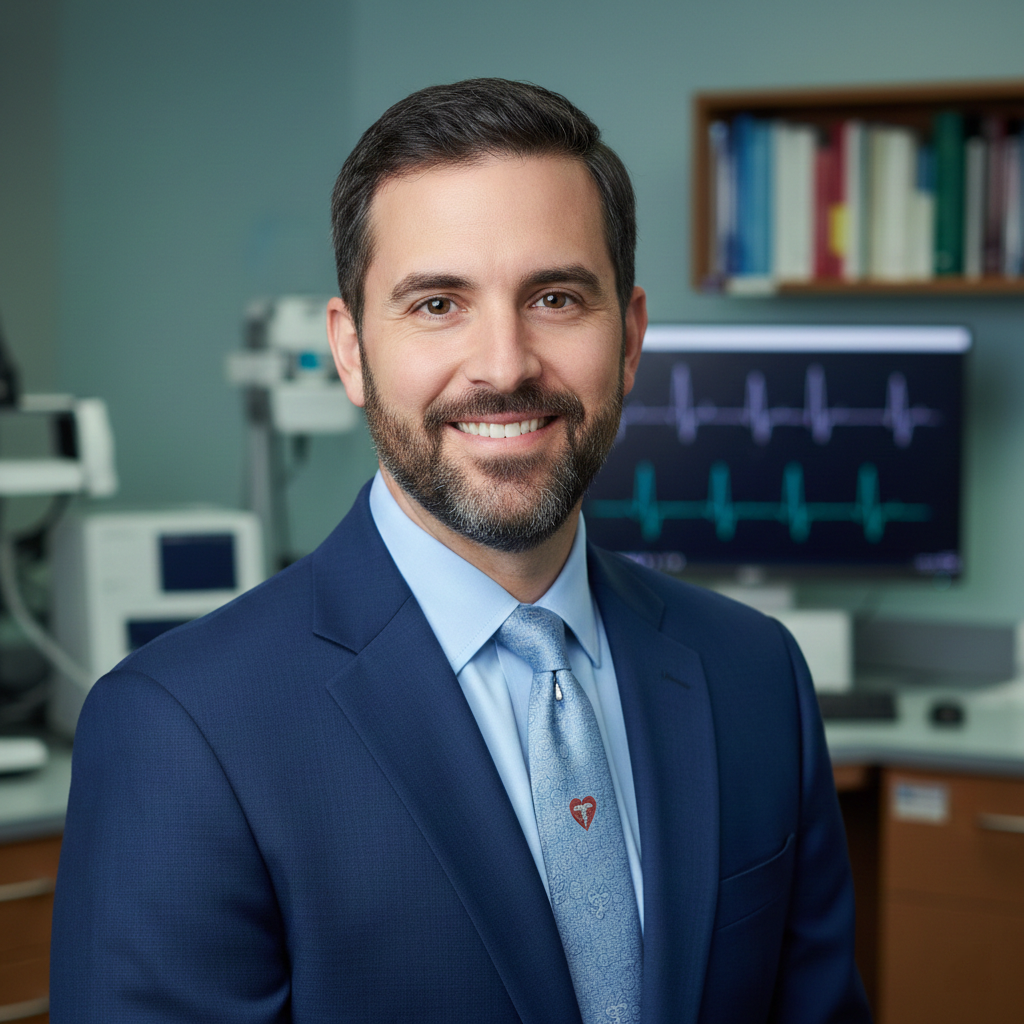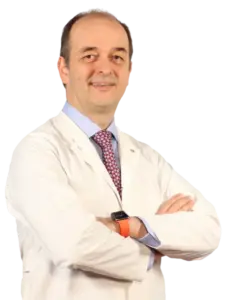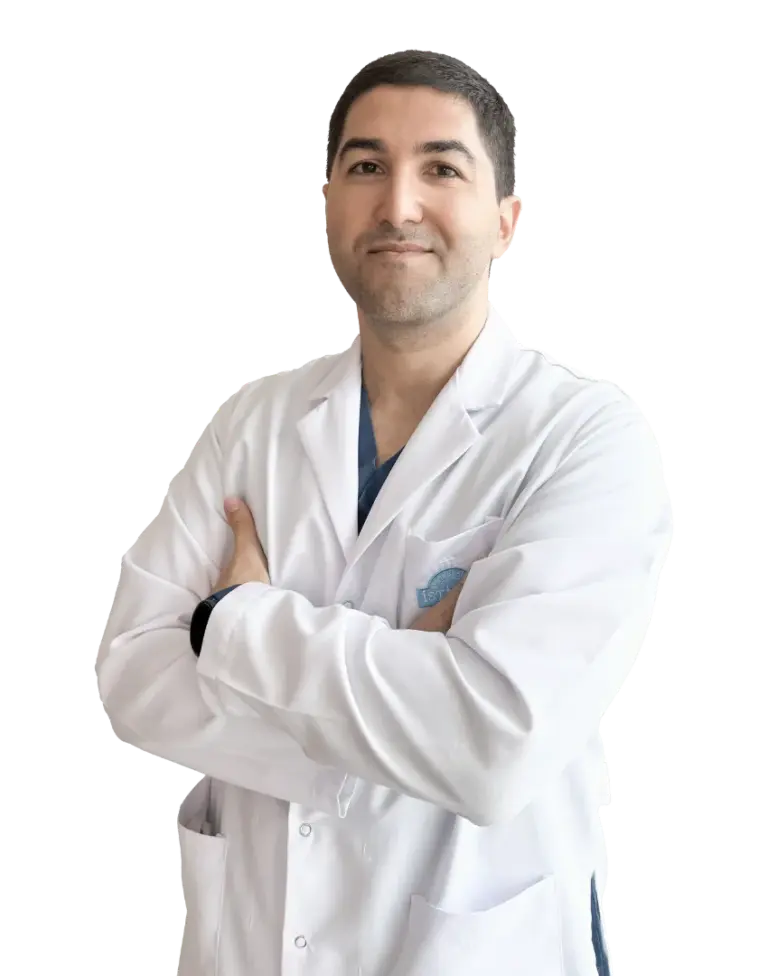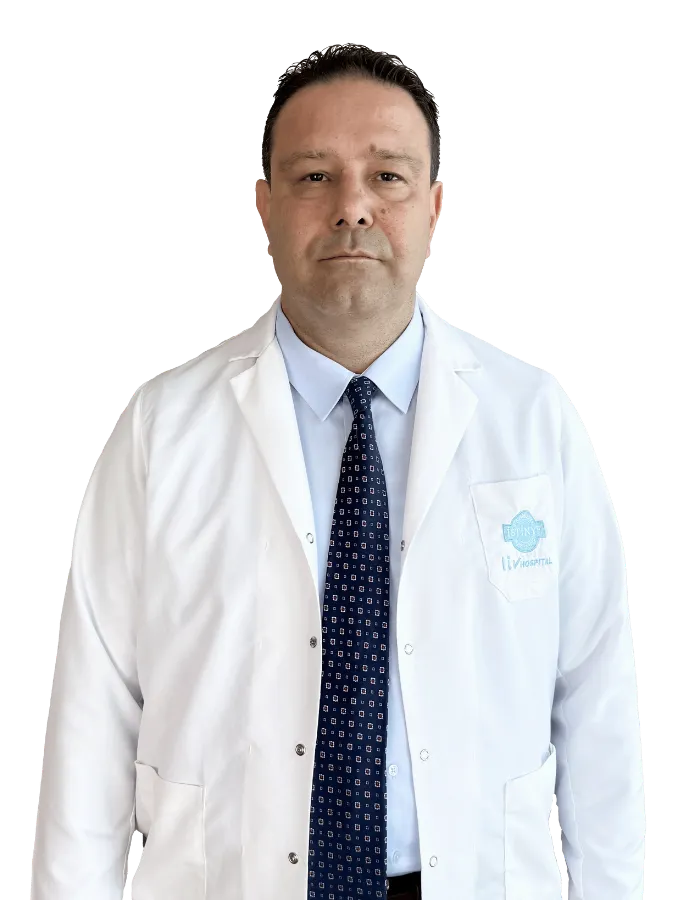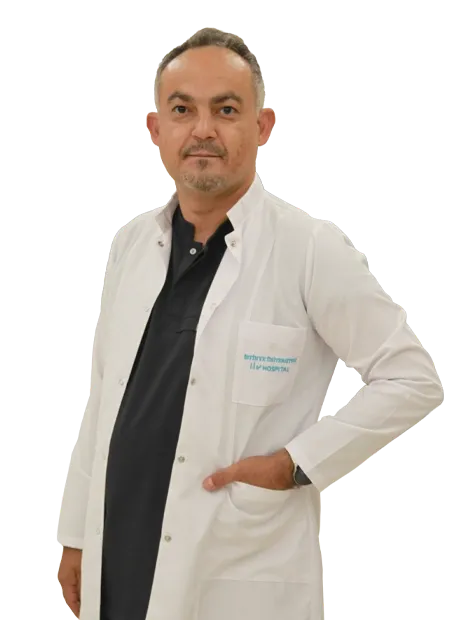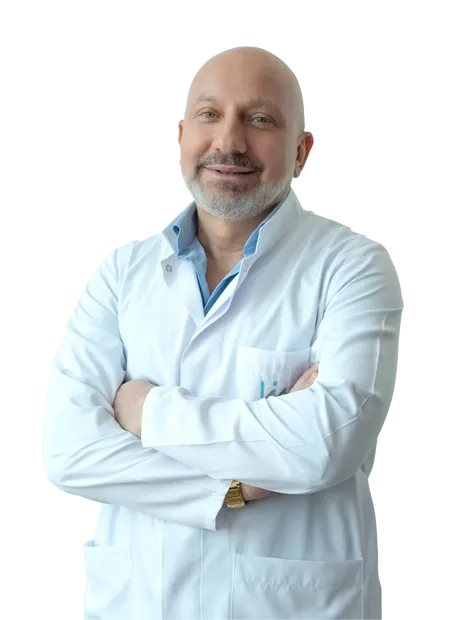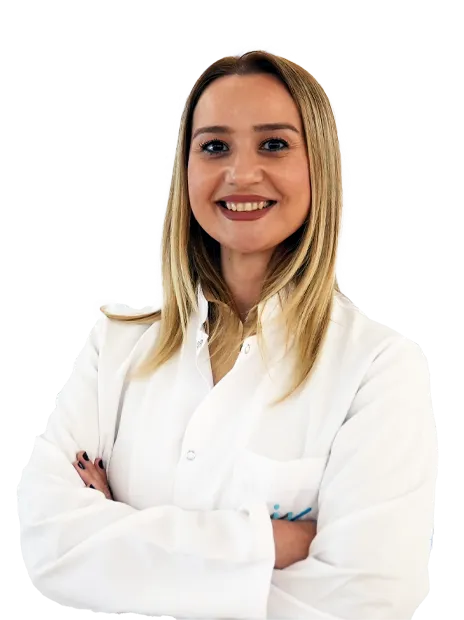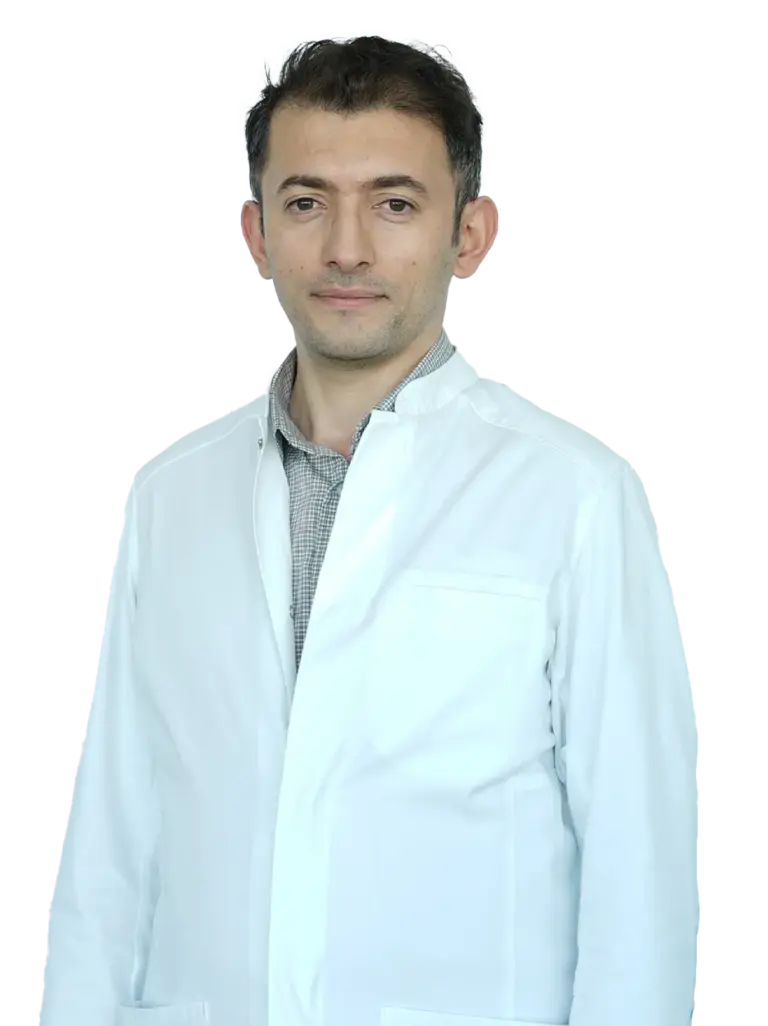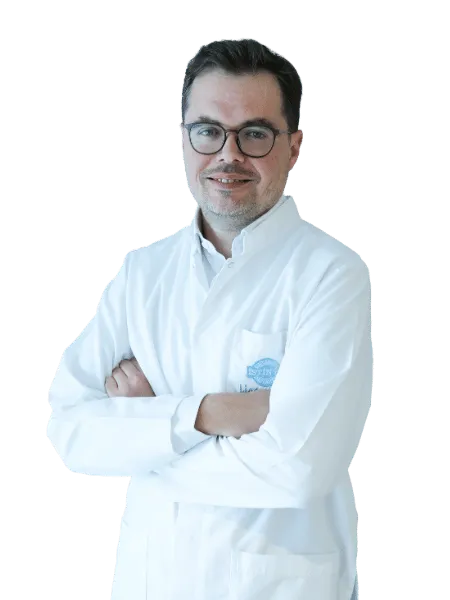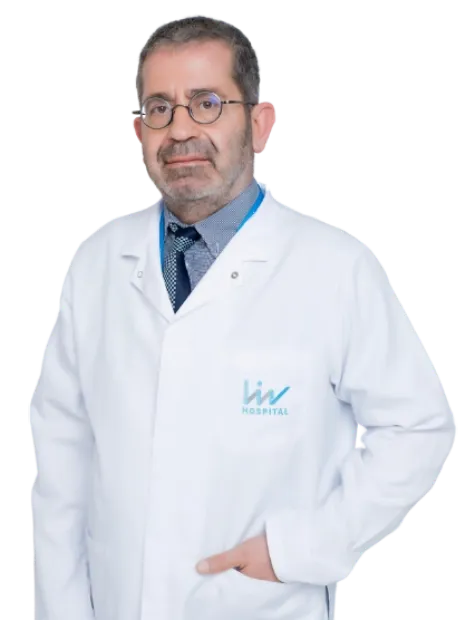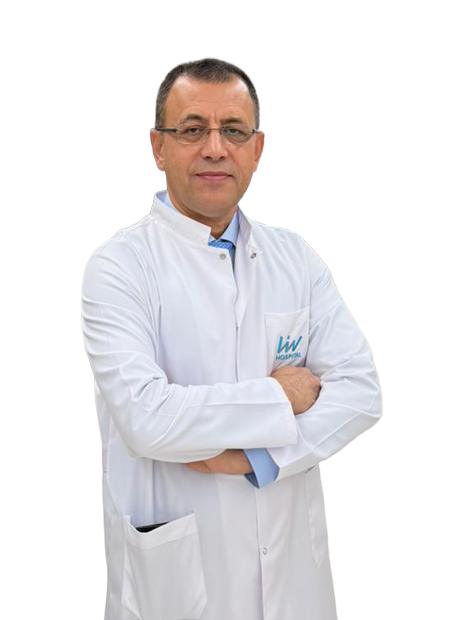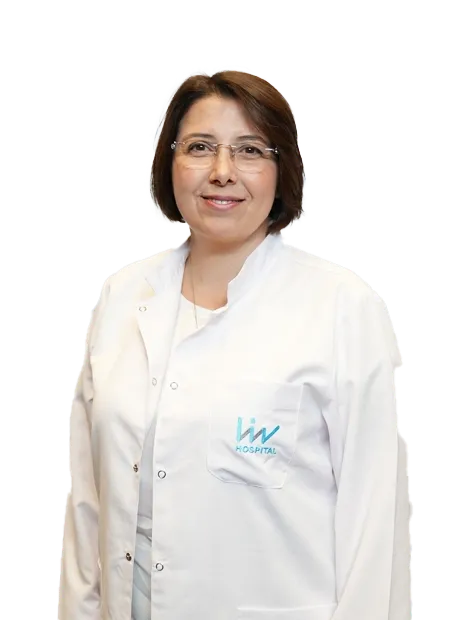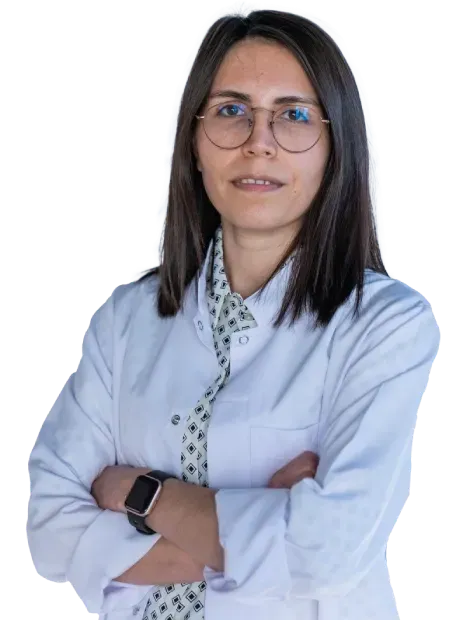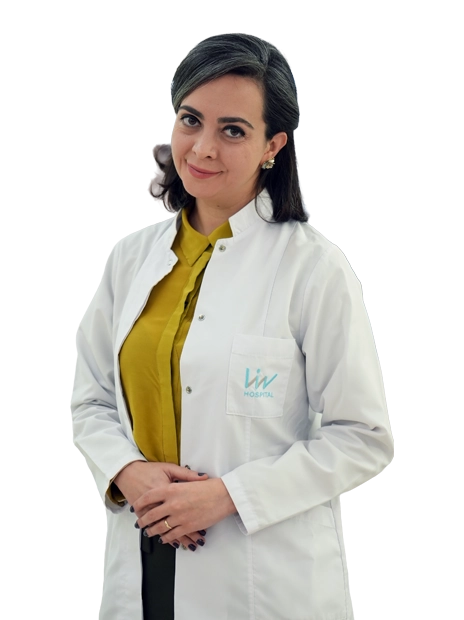
Heart health is a big deal, and knowing who does what is key. You might wonder if cardiologists perform surgery. At Liv Hospital, we focus on you and top-notch care. We help you understand heart treatment.
We’re all about treating heart and vascular diseases. Our cardiologists are heart experts. They use meds, lifestyle tips, and some procedures to help you. But, they don’t do surgery.
Key Takeaways
- Cardiologists specialize in diagnosing and treating heart and vascular diseases.
- They use medications, lifestyle recommendations, and less invasive procedures.
- Cardiologists are not surgeons; they do not perform open-heart surgery.
- Understanding the role of cardiologists helps patients trust their care.
- Liv Hospital provides patient-centered care and clinical excellence in heart treatment.
The Specialized World of Cardiology

Cardiology focuses on heart and vascular health. It’s a branch of medicine that has grown a lot. Now, it offers many subspecialties for heart care.
The Scope of Cardiovascular Medicine
Cardiovascular medicine deals with many heart issues. This includes coronary artery disease and heart failure. Cardiologists use tests like echocardiograms and procedures like cardiac catheterization to help patients.
This field is huge. It’s not just about treating heart diseases. It also includes preventing them and helping patients live healthier lives. This approach is key for patients with heart problems.
Education and Training Pathways
To be a cardiologist, you need a lot of education and training. First, you study for four years in medical school. Then, you do three years of internal medicine residency. After that, you get specialized training in cardiology for three to four years.
Schools like George Washington University and Nova Southeastern University have great programs. They prepare future cardiologists with the skills they need.
Here’s a quick look at how cardiologists are trained:
| Stage | Duration | Description |
|---|---|---|
| Medical School | 4 years | Foundational education in medicine |
| Internal Medicine Residency | 3 years | Hands-on training in internal medicine |
| Cardiology Fellowship | 3-4 years | Specialized training in cardiology |
Cardiologists learn a lot through this training. They become experts in caring for patients with heart and vascular diseases.
Does a Cardiologist Do Surgery? The Definitive Answer

Many people wonder if cardiologists do surgery. Heart care can be complex, and knowing who does what is key.
Cardiologists are doctors who focus on heart and blood system problems. They don’t usually do surgery, but there are exceptions.
Distinguishing Between Procedures and Surgeries
It’s important to know the difference between procedures and surgeries. Procedures are less invasive and often use tools like catheters. Surgeries, on the other hand, are more complex and involve opening the chest.
- Procedures: Minimally invasive interventions that often involve using catheters or other specialized tools to treat heart conditions.
- Surgeries: More invasive operations that typically require opening the chest to perform repairs or interventions directly on the heart.
Interventional cardiologists can do some procedures like angioplasty and stent placement. But these are different from the surgeries cardiac surgeons do.
Why Many People Confuse Cardiologists with Surgeons
People often mix up cardiologists and surgeons because they both work on the heart. But their training and what they do are different.
Columbia explains there are many types of cardiologists. Each has its own role in treating heart issues.
| Type of Cardiologist | Primary Role | Procedures/Surgeries |
|---|---|---|
| General (Non-Invasive) Cardiologist | Diagnoses and treats heart conditions using non-invasive methods. | No surgical procedures |
| Interventional Cardiologist | Performs minimally invasive procedures to treat heart conditions. | Angioplasty, stent placement |
| Electrophysiologist | Specializes in diagnosing and treating heart rhythm disorders. | Catheter ablation, pacemaker implantation |
We hope this clears up what cardiologists do in heart care. Knowing the difference helps patients make better choices for their health.
Types of Cardiologists and Their Specializations
It’s important to know the different types of cardiologists for the right heart care. Cardiologists focus on various heart care areas. Their roles can differ a lot.
General (Non-Invasive) Cardiologists
General or non-invasive cardiologists use tests like echocardiograms and stress tests. They are often the first point of contact for heart care. They refer patients to specialists when needed.
These cardiologists handle many heart issues, from high blood pressure to heart failure. They focus on lifestyle changes, medication, and heart monitoring.
Interventional Cardiologists and Their Procedures
Interventional cardiologists do minimally invasive procedures for heart conditions. They use tools like catheters for angioplasty and stenting.
Some ask if interventional cardiologists do surgery. They don’t do open-heart surgery but are key in heart disease management. They perform minimally invasive procedures like:
- Angioplasty and stenting to open blocked arteries
- Transcatheter valve procedures to repair or replace heart valves
- Diagnostic catheterization to examine the heart’s structure and function
These procedures are vital for treating heart conditions without open surgery. They show how cardiology care is evolving.
| Procedure | Description | Benefits |
|---|---|---|
| Angioplasty and Stenting | Opening blocked arteries using a balloon and stent | Restores blood flow, reduces symptoms |
| Transcatheter Valve Procedures | Repairing or replacing heart valves using a catheter | Less invasive than open-heart surgery, quicker recovery |
| Diagnostic Catheterization | Examining the heart’s structure and function | Provides detailed information for diagnosis and treatment planning |
Electrophysiologists: Heart Rhythm Specialists
Electrophysiologists focus on heart rhythm disorders. They treat conditions like atrial fibrillation and tachycardia. They use advanced techniques like ablation and device implantation.
These specialists help manage arrhythmias, improving patients’ lives. They are experts in:
- Implanting pacemakers and defibrillators
- Performing catheter ablation to correct arrhythmias
- Managing complex heart rhythm disorders
Knowing the different cardiologists and their specializations helps patients get the right care. It makes navigating the healthcare system easier.
Is a Cardiologist a Surgeon? Understanding the Distinction
Cardiologists and surgeons are both key in heart care, but they come from different backgrounds. Their training shapes how they treat heart issues. Knowing this helps us see their unique roles.
Different Medical Backgrounds and Training
Cardiologists are doctors who focus on heart and blood system problems. They learn how to treat these issues with medicine and lifestyle changes. They also know how to do some procedures like catheterizations.
Cardiac surgeons, also doctors, specialize in heart surgery. They learn the skills needed for complex heart operations. Their training is all about surgery.
Cardiologists start with a residency in internal medicine and then cardiology. Surgeons, on the other hand, do a residency in cardiothoracic surgery. This prepares them for heart surgery.
Contrasting Approaches to Heart Care
Cardiologists manage heart disease with medicine and some procedures. They use drugs to control blood pressure and cholesterol. They also do non-surgical procedures like angioplasty.
Cardiac surgeons perform surgeries to fix or replace heart problems. They do things like CABG and heart transplants. The choice between them depends on the heart condition and treatment needed.
It’s important for patients to understand the difference. This way, they can make informed choices about their heart care. Recognizing the roles of cardiologists and surgeons helps patients see the full range of care options.
Cardiologist vs Heart Surgeon: Key Differences
Cardiologists and heart surgeons both focus on heart health. But they have different jobs and skills. Knowing these differences helps patients make better choices about their care.
Day-to-Day Responsibilities
Cardiologists use non-surgical methods to treat heart issues. They do tests like echocardiograms and stress tests. They also help patients with medicine and lifestyle changes.
Heart surgeons, by contrast, do surgeries on the heart and blood vessels. They perform operations like CABG, heart valve repairs, and transplants.
Types of Patients They Typically Treat
Cardiologists see patients with heart problems that don’t need surgery. This includes those with high blood pressure, heart failure, and some types of heart disease. They manage these conditions with medicine and lifestyle changes.
Heart surgeons treat patients who need surgery for their heart issues. This includes those with severe heart disease, heart valve problems, and some birth defects.
When Referrals Happen Between Specialists
Cardiologists and heart surgeons often work together. A cardiologist might send a patient to a heart surgeon for surgery. This could be for a procedure like CABG or heart valve repair.
After surgery, heart surgeons might send patients back to cardiologists for follow-up care. This teamwork ensures patients get the best care for their heart condition.
| Specialist | Primary Responsibilities | Typical Patient Conditions |
|---|---|---|
| Cardiologist | Diagnosis, non-surgical treatment, patient management | Hypertension, heart failure, coronary artery disease |
| Heart Surgeon | Surgical operations on the heart and vessels | Complex coronary artery disease, heart valve disorders, congenital heart defects |
Understanding the roles of cardiologists and heart surgeons helps patients see the full care they receive. Both are key in heart health, and their teamwork is vital for the best results.
Minimally Invasive Procedures Performed by Interventional Cardiologists
Interventional cardiologists are key in heart care. They use new methods to treat heart diseases without open-heart surgery. These doctors are experts in using advanced tech to diagnose and treat heart issues.
Diagnostic Cardiac Catheterization
Diagnostic cardiac catheterization lets us see the heart’s inner workings. A thin tube, or catheter, is inserted through an artery. It guides to the heart to check for blockages and heart function.
Coronary Angioplasty and Stent Placement
Coronary angioplasty widens blocked arteries. A balloon is used to push aside plaque, improving blood flow. A stent is often placed to keep the artery open. Our cardiologists are skilled in these procedures to improve heart blood flow.
For more info on interventional cardiology services, visit Mount Carmel Health’s Interventional Cardiology page.
Transcatheter Valve Procedures
Transcatheter valve procedures fix heart valve problems. A catheter delivers a new valve to the heart. This method is less invasive than traditional surgery, cutting down on recovery time and risks.
| Procedure | Description | Benefits |
|---|---|---|
| Diagnostic Cardiac Catheterization | Visualizes heart chambers, valves, and coronary arteries | Diagnoses blockages and assesses heart function |
| Coronary Angioplasty and Stent Placement | Widening narrowed coronary arteries | Restores blood flow, reduces symptoms of heart disease |
| Transcatheter Valve Procedures | Replaces diseased heart valves | Minimally invasive, reduces recovery time |
Surgical Operations Performed by Cardiac Surgeons
Cardiac surgeons do many surgeries, like coronary artery bypass grafting and heart transplantation. These surgeries need a lot of skill and knowledge of heart medicine.
Coronary Artery Bypass Grafting (CABG)
Coronary artery bypass grafting, or CABG, helps blood flow to the heart. A surgeon uses a graft from another part of the body to bypass blocked arteries. This is for people with severe heart disease.
The CABG process includes several steps:
- Harvesting a graft from another part of the body, such as the saphenous vein or internal mammary artery.
- Connecting the patient to a heart-lung machine to maintain blood circulation during the surgery.
- Opening the chest to access the heart.
- Attaching the graft to bypass the blocked coronary artery.
CABG is a key treatment for heart disease, helping many patients feel better.
Heart Valve Repair and Replacement
Cardiac surgeons also fix or replace heart valves. Heart valves are important for blood flow. Damage or disease can cause serious problems.
There are two main ways to treat valve issues:
- Repairing the valve: This fixes the existing valve to work right again.
- Replacing the valve: Sometimes, a new mechanical or biological prosthetic is needed.
The choice between repair or replacement depends on the valve disease’s type and severity.
Heart Transplantation and Mechanical Support
For those with severe heart failure, heart transplantation is an option. Cardiac surgeons are key in these transplants, replacing a diseased heart with a healthy one.
They also use mechanical support devices, like left ventricular assist devices (LVADs). These devices help the heart pump better. They can be a bridge to transplant or a long-term solution for some patients.
Heart transplantation and mechanical support need a lot of skill and teamwork. This includes cardiac surgeons, cardiologists, and other healthcare teams.
The Misleading Term “Surgical Cardiologist” Explained
The term “surgical cardiologist” is often misunderstood. It mixes up the roles of cardiologists and surgeons. This confusion comes from not knowing the different areas in heart medicine.
This term is not a real medical specialty. It confuses the lines between cardiologists and cardiac surgeons. To clear up this confusion, we need to look at the real specialties in heart medicine.
Origins of the Terminology Confusion
The term “surgical cardiologist” comes from the complex nature of heart treatments. Both cardiologists and cardiac surgeons are key in heart care. They work together as a heart team. Yet, they have different skills and do different things.
Cardiologists are doctors who deal with heart and blood system problems. They do tests like echocardiograms and cardiac catheterizations. Cardiac surgeons, on the other hand, do surgeries on the heart and its blood vessels.
More Accurate Professional Designations
It’s important to use the right terms to avoid confusion. “Cardiologist” is for heart doctors who don’t do surgery. “Cardiac surgeon” or “cardiothoracic surgeon” is for those who do heart surgeries.
In cardiology, there are many special areas. For example:
- Non-invasive cardiologists use tests to find heart problems.
- Interventional cardiologists do procedures like angioplasty and stenting.
- Electrophysiologists deal with heart rhythm issues.
Using these specific terms helps everyone understand their roles in heart care. It makes it easier for patients and doctors to know who to turn to for heart issues.
Knowing the difference between cardiologists and cardiac surgeons helps patients. It lets them get the right care for their heart problems.
Do All Cardiologists Do Surgery? Exploring the Misconception
Not all cardiologists perform surgery. They are medical experts who focus on heart health. Their role in surgery depends on their specialty.
The Reality of General Cardiology Practice
General cardiologists usually don’t do surgery. They focus on diagnosing and treating heart issues without surgery. They use tests like echocardiograms and manage medications.
For example, a general cardiologist might:
- Do routine check-ups and risk assessments for heart disease
- Order and interpret tests like ECGs and echocardiograms
- Prescribe medicines for conditions like high blood pressure or cholesterol
When Cardiologists Refer Patients for Surgery
When surgery is needed, cardiologists send patients to cardiac surgeons. This is a key part of their job. It ensures patients get the right care for their condition.
The decision to send a patient for surgery is based on a detailed evaluation. This includes test results and the patient’s health. For instance, a cardiologist might send a patient for CABG if they have severe coronary artery disease.
| Condition | Typical Treatment | Referral to Surgeon |
|---|---|---|
| Stable Angina | Medication management, lifestyle changes | No |
| Complex Coronary Artery Disease | CABG or other surgical interventions | Yes |
| Heart Valve Disease | Valve repair or replacement | Yes |
As the table shows, cardiologists are key in choosing the best treatment. Sometimes, this means sending patients to surgeons for complex surgeries.
Do Interventional Cardiologists Perform Surgery?
Interventional cardiologists play a key role in heart care, but they don’t do traditional surgery. They use minimally invasive methods that can be very effective in some cases.
The Gray Area Between Procedures and Operations
Interventional cardiologists use catheters to treat heart issues. They insert a thin tube into a blood vessel and guide it to the heart. These methods are not traditional surgery but require great skill and precision.
Many wonder if cardiologists can perform surgery. The answer depends on what you mean by surgery. Cardiologists use different methods to treat heart problems than traditional surgery.
How Catheter-Based Procedures Differ from Open Surgery
Catheter-based procedures, like angioplasty and stenting, are done through small skin punctures. These are minimally invasive and have shorter recovery times than open-heart surgery.
Open-heart surgery, on the other hand, requires a big chest incision. Cardiac surgeons do this, not cardiologists. But, cardiologists are vital in planning treatment, working with surgeons to find the best approach for each patient.
Key differences between catheter-based procedures and open surgery include:
- Incision size: Catheter procedures use small punctures, while open surgery needs a big incision.
- Recovery time: Minimally invasive procedures have shorter hospital stays and recovery times.
- Risk factors: Both have risks, but catheter-based interventions usually have fewer complications than open-heart surgery.
It’s important for patients to know these differences to make informed choices about their heart care. As cardiology advances, the distinction between procedures and surgeries may fade. This could lead to more treatment options and better results for patients.
The Collaborative Heart Team Approach
In modern cardiology, a new way of caring for patients is emerging. We’re seeing a big change towards team care. This means different specialists working together to help patients get the best care.
Integrated Care Models in Modern Cardiology
Integrated care models aim to give patients with heart issues a full and coordinated care plan. These models combine cardiologists, cardiac surgeons, and other healthcare experts into a single team. This team works together for the patient’s best interest.
One big plus of these models is they allow for personalized treatment plans. By sharing their knowledge, specialists can create treatments that fit each patient’s unique needs.
How Specialists Work Together for Patient Outcomes
The heart team approach relies on good communication and teamwork. Cardiologists and cardiac surgeons team up to assess patients, discuss treatment options, and choose the best plan.
- Pre-procedure planning: Specialists work together to plan the best treatment, whether it’s a catheter-based procedure or open-heart surgery.
- Intra-procedure support: During procedures, the heart team is ready to offer support and make decisions as needed.
- Post-procedure care: After the procedure, the team ensures the patient gets all the follow-up care they need.
By teaming up, specialists can improve patient outcomes and lower the chance of complications. This teamwork also makes patients happier with their care experience.
Conclusion: Understanding Your Heart Care Specialists
We’ve looked at the roles of cardiologists and cardiac surgeons in heart care. We’ve seen how they work together to help patients.
A cardiologist is a doctor who focuses on heart and blood vessel health. They can do some procedures but are not surgeons.
Heart surgeons, on the other hand, do surgeries on the heart and its blood vessels. They team up with cardiologists to care for patients with serious heart issues.
Knowing what cardiologists and heart surgeons do helps patients understand their treatment options. Together, they create a strong plan to help patients get better.
The difference between cardiologists and heart surgeons is more than just words. It’s about the care they give and how they work together for the best results.
Do cardiologists perform surgery?
No, cardiologists usually don’t do surgery. They focus on heart health and use non-surgical treatments. But, some cardiologists, called interventional cardiologists, do do some procedures.
What is the difference between a cardiologist and a cardiac surgeon?
Cardiologists treat heart issues without surgery. Cardiac surgeons fix or replace heart parts with surgery.
Can a cardiologist be considered a surgeon?
No, cardiologists are not surgeons. They might do some procedures, but their main focus is on non-surgical treatments.
What is an interventional cardiologist?
An interventional cardiologist does procedures like angioplasty and stenting. They treat heart conditions without big surgery.
Do interventional cardiologists perform surgery?
No, they don’t do surgery like you might think. They use small tools to fix heart problems.
What is the role of a general cardiologist?
General cardiologists use tests like echocardiograms to diagnose heart issues. They might send you to a specialist if needed.
Are all cardiologists the same?
No, cardiologists have different specializations. There are general cardiologists, interventional cardiologists, and electrophysiologists, each with their own area of focus.
What is a “surgical cardiologist”?
The term “surgical cardiologist” is confusing. It’s not a real medical specialty. Cardiologists and cardiac surgeons are two different kinds of doctors.
How do cardiologists and cardiac surgeons work together?
Cardiologists and cardiac surgeons work as a team. They decide together what’s best for each patient’s heart care.
Can a cardiologist refer a patient for surgery?
Yes, cardiologists can send patients to cardiac surgeons for surgery if it’s needed.
Is a cardiologist a heart specialist?
Yes, cardiologists are heart specialists. They treat heart conditions without surgery.
What is the difference between cardiovascular medicine and cardiology?
Cardiovascular medicine deals with all heart and blood vessel issues. Cardiology is a part of that, focusing on the heart itself.
References
American University of Antigua. Cardiologist vs cardiac surgeon. https://www.auamed.org/blog/cardiologist-vs-cardiac-surgeon
Indeed. Interventional cardiologist vs cardiac surgeon. https://www.indeed.com/career-advice/finding-a-job/interventional-cardiologist-vs-cardiac-surgeon
Medanta. Difference between cardiologist and cardiothoracic surgeon. https://www.medanta.org/patient-education-blog/difference-between-cardiologist-and-cardiothoracic-surgeon
Luminis Health. What’s the difference between a cardiac surgeon and cardiologist? https://www.luminishealth.org/en/blog/whats-the-difference-between-a-cardiac-surgeon-and-cardiologist


